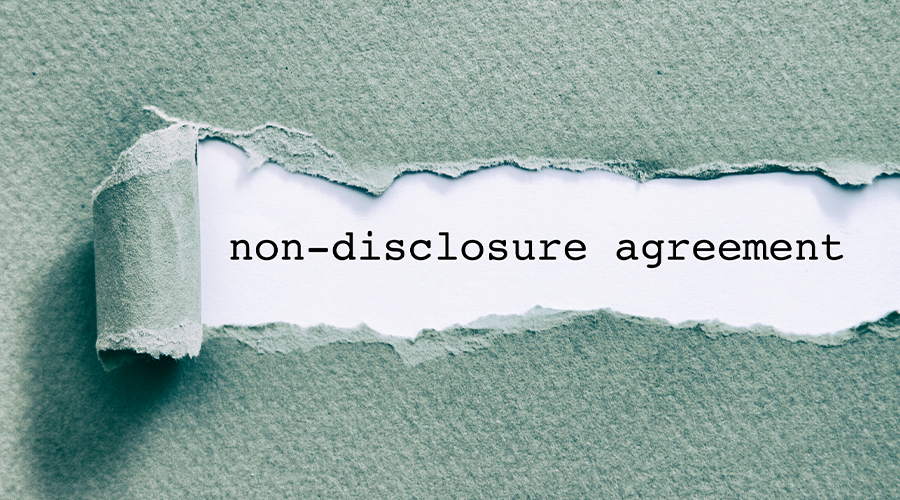

The government has proposed to amend the Employment Rights Bill to ban employers from enforcing non-disclosure agreements (NDAs) against their workers in cases involving workplace discrimination and harassment.
The aim is to stop employers from silencing their workers from reporting or talking openly about workplace abuse.
Non-disclosure provisions are increasingly found in settlement agreements. These types of agreements are usually entered into when an employer and employee mutually agree to end the employment relationship on amicable and agreed terms.
Historically, non-disclosure provisions within such agreements were limited to protecting the employer’s commercially sensitive information. However, there are valid concerns that some employers now misuse these provisions to silence victims from publicly speaking about their experiences at work.
NDAs have been controversial for some time and, unsurprisingly, have gained further criticism since the #MeToo movement.
Understandably, pressure has been mounting on the government to intervene so that serious allegations of wrongdoing are no longer suppressed in the interests of protecting an employer’s reputation.
What does this mean for employers?
Businesses would no longer be able to restrict a worker’s right to disclose information relating to allegations of harassment or discrimination. Any contractual agreement attempting to silence a worker would be deemed null and void under this proposal.
Employers would indirectly be forced to address and respond to allegations of workplace misconduct, as they would no longer be able to quietly brush matters under the carpet by using NDAs.
There would also be a much greater need for employers to be transparent in the investigation and resolution process.
Timeline
The Employment Rights Bill is expected to receive royal assent in September 2025. If accepted, the new proposal will take effect in April 2026, as confirmed in the government’s ‘roadmap for delivering change’, which was published last month.
We anticipate that employers’ inability to restrict a worker’s ability to talk about what they’ve experienced would make settlement agreements less attractive. Correspondingly, this could lead to more matters being litigated in the Employment Tribunal.
This is an area to keep a watchful eye on. We understand the government intends to allow for limited exceptions (referred to as ‘excepted agreements’). One such exception may be that the ban on NDAs won’t apply if the agreement is entered into at the request of the worker. If this makes its way into the legislation, employers should seek legal advice on how to ensure an NDA falls within this exception.
The proposal to ban NDAs shines a spotlight on employers and their duty of care towards workers. Alongside the proposal to introduce employer liability for third-party harassment where they fail to take all reasonable steps to prevent it, this makes it even more important for employers to be prepared to fully investigate and respond to allegations of misconduct.
Guidance for employers
- Carry out a broad review of workplace practices and contractual documentation to ensure you’re equipped to manage workplace disputes – including updating policies on grievances, confidentiality, whistleblowing, harassment and discrimination in the workplace
- Provide workers and supervisory staff with regular training to help them identify different forms of workplace harassment and discrimination. Supervisory staff should receive bespoke training on investigating disputes and managing conflicts. This can help build confidence and improve the overall workplace culture
- Seek prompt legal advice from an employment specialist to help address and resolve any complaints raised.
Our expert employment team can help you prepare for the anticipated changes and understand how they will affect your business.










